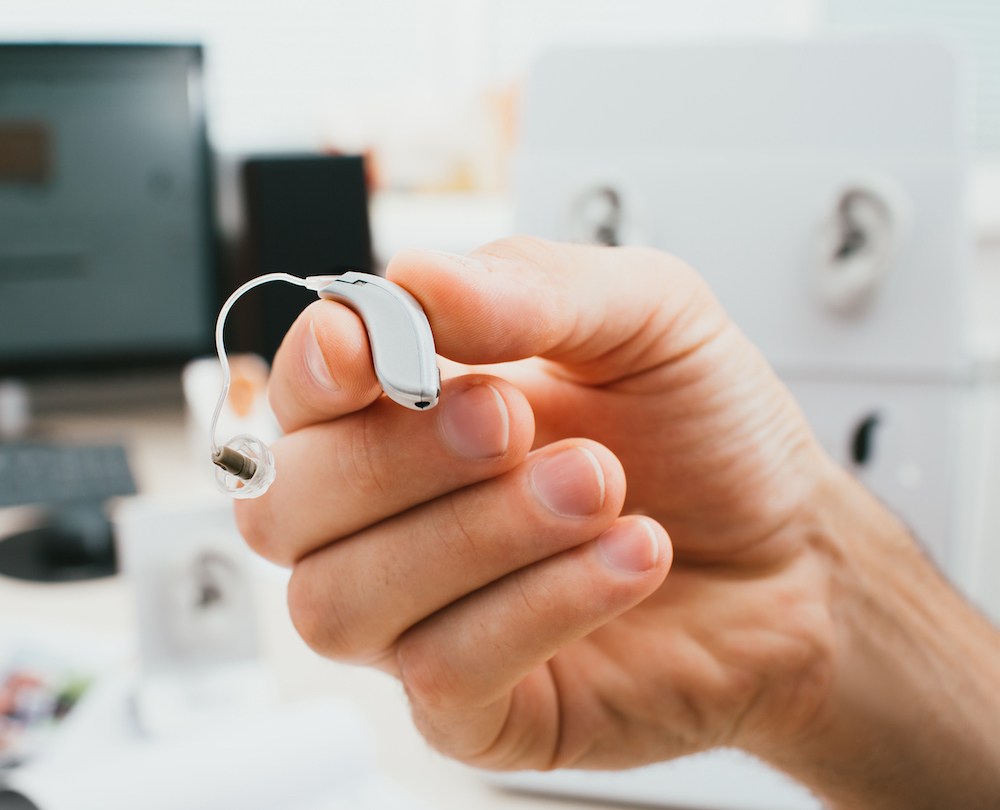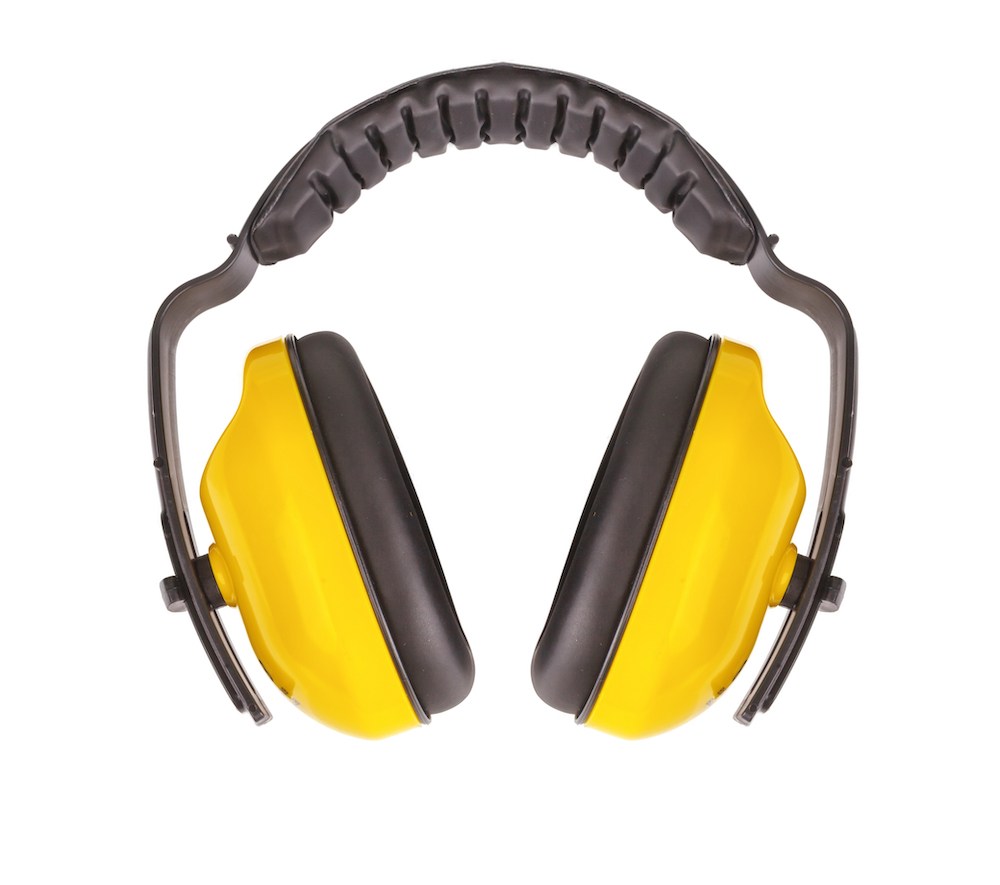Common Misconceptions About Hearing Aid Repairs Debunked
Hearing aids are a terrific solution if you are experiencing hearing loss.


Hearing aids are a terrific solution if you are experiencing hearing loss.

Technology has helped transform hearing loss management over the years,

Many individuals underestimate the impact of loud sounds on their hearing